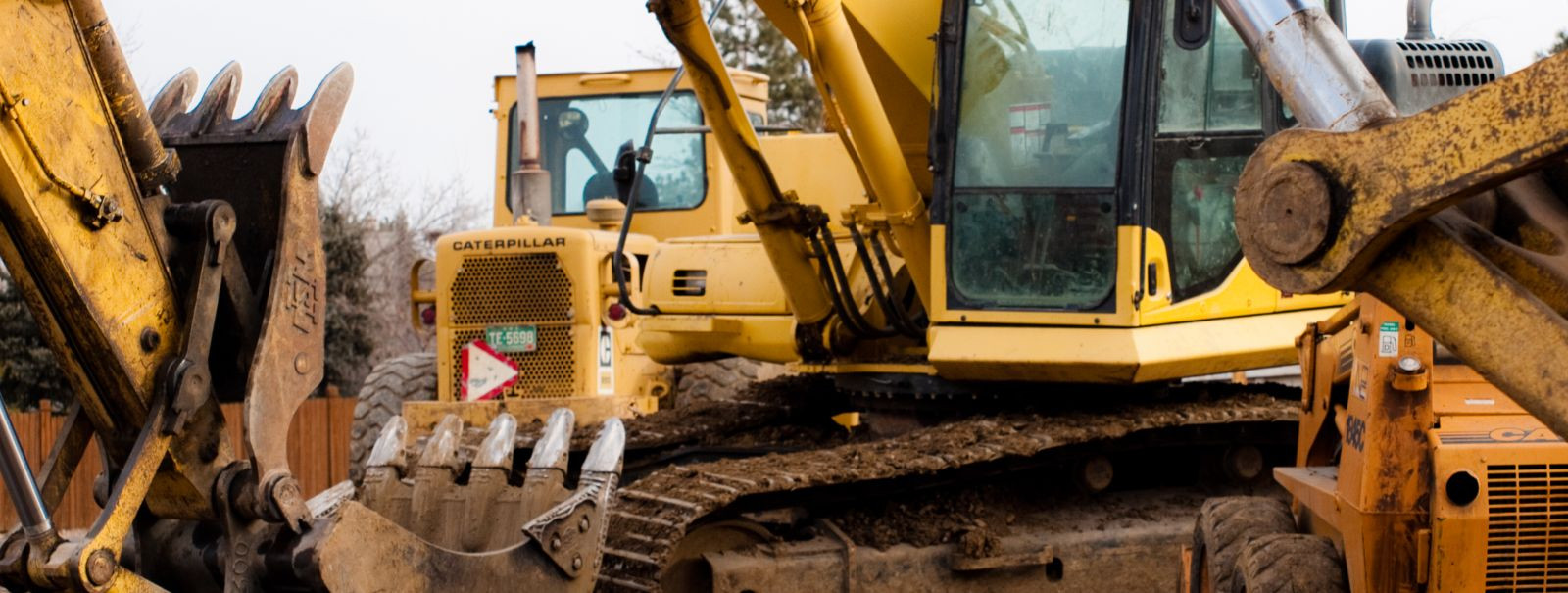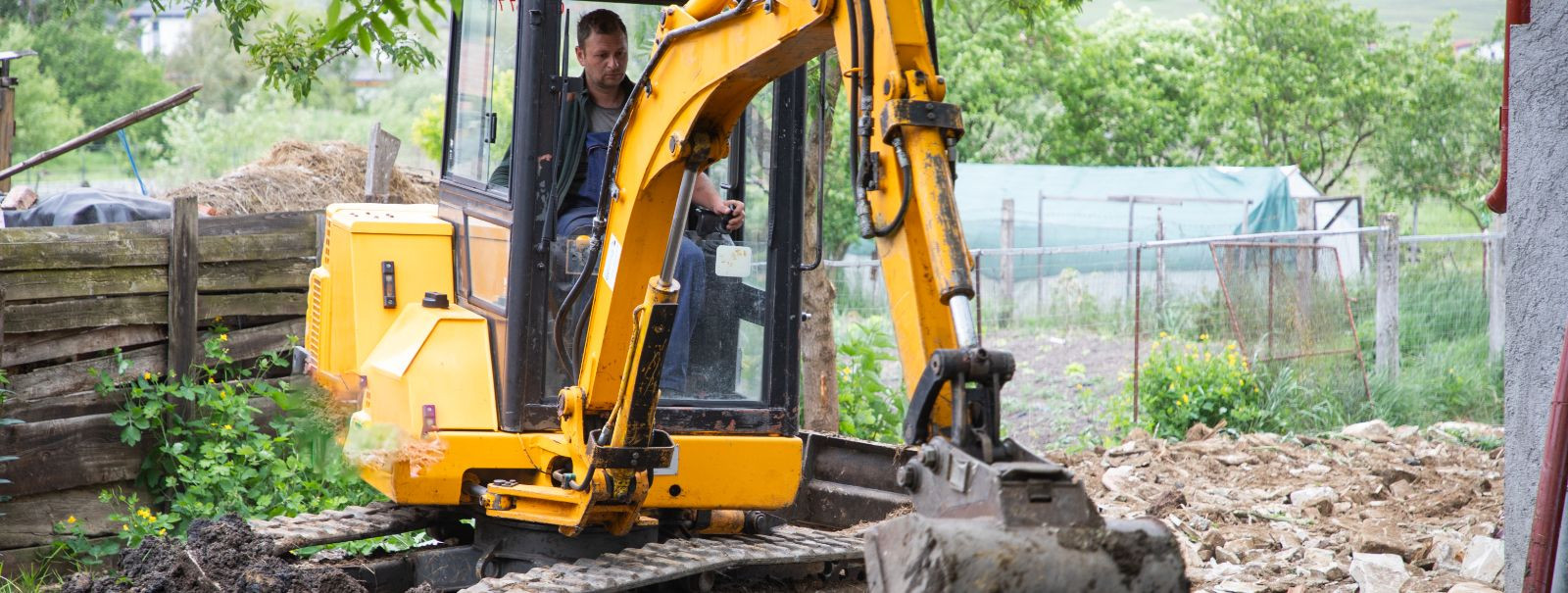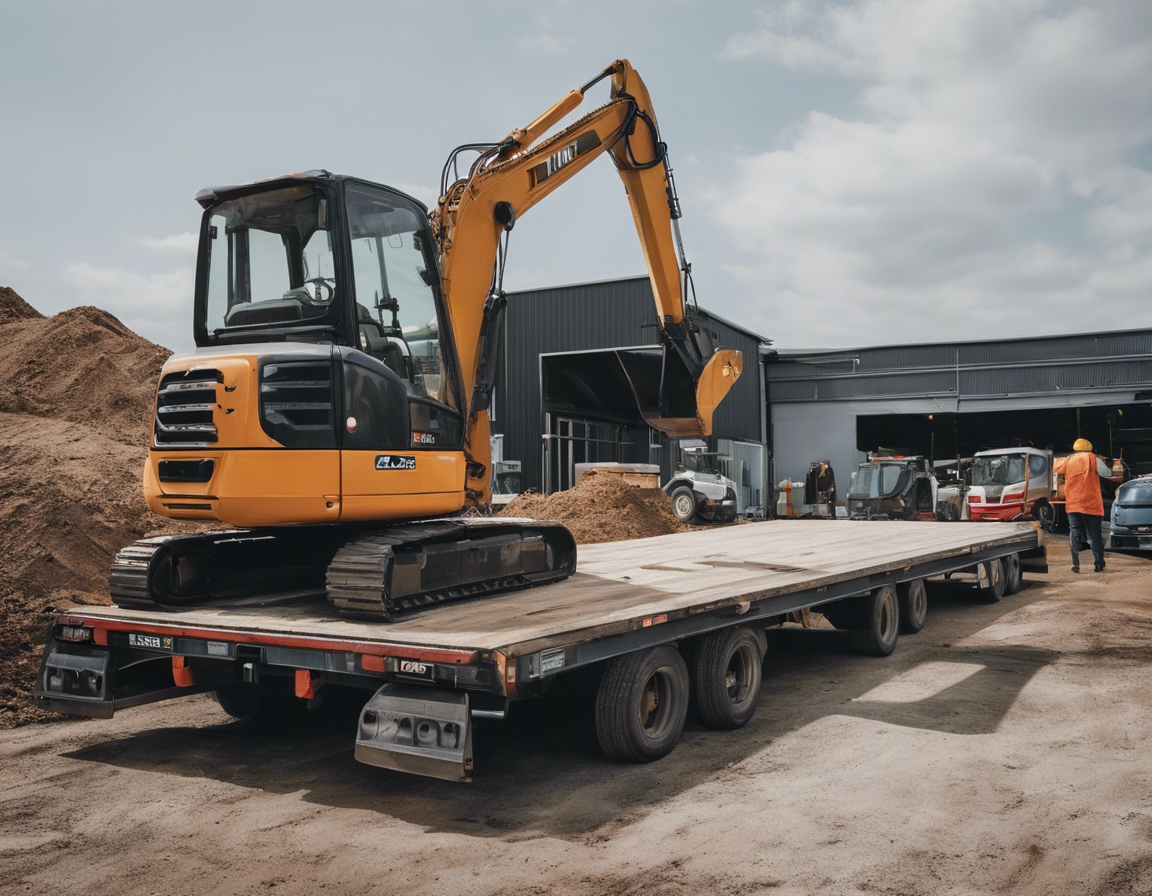How to choose the right trailer for your needs
Choosing the right trailer begins with understanding the different types available. Common types include flatbed trailers, enclosed trailers, dump trailers, and utility trailers. Each type serves a specific purpose, such as transporting heavy machinery, protecting goods from weather, or hauling loose materials.
Consider the weight and volume of the loads you plan to transport. Trailers come with varying load capacities, and selecting one that matches your needs is crucial to ensure safety and efficiency. Overloading a trailer can lead to accidents and damage to both the trailer and the towing vehicle.
Determine how often you will use the trailer. For frequent use, investing in a high-quality, durable trailer is advisable. For occasional use, renting might be a more cost-effective solution.
2. Evaluating Trailer Features
The material and build quality of a trailer affect its durability and longevity. Steel trailers are robust and ideal for heavy-duty tasks, while aluminum trailers are lighter and resistant to corrosion, making them suitable for long-term use.
The hitch and coupling system must be compatible with your towing vehicle. Ensure that the trailer's hitch type matches your vehicle's towing capacity and hitch receiver. This compatibility is essential for safe and stable towing.
Trailers can be equipped with different braking systems, such as electric brakes or surge brakes. Electric brakes offer more control and are preferred for heavier loads, while surge brakes are simpler and require less maintenance.
3. Considering Operational Environment
Consider where you will primarily use the trailer. Urban environments may require more maneuverable trailers, while suburban or rural areas might allow for larger trailers with higher load capacities.
Assess the road conditions you will encounter. Rough or unpaved roads may necessitate trailers with reinforced suspension systems and durable tires to withstand the terrain.
Weather conditions can impact trailer performance. Enclosed trailers offer protection against rain and snow, while open trailers may require additional coverings to safeguard the load.
4. Budgeting and Cost Considerations
Decide whether purchasing or renting a trailer is more economical for your needs. Purchasing is a long-term investment, while renting offers flexibility and lower upfront costs.
Factor in the maintenance costs associated with trailer ownership. Regular maintenance is essential to ensure safety and prolong the trailer's lifespan.
Consider the resale value of the trailer. High-quality trailers from reputable manufacturers tend to retain their value better, providing a return on investment if you decide to sell.
5. Legal and Safety Regulations
Ensure compliance with local licensing requirements for towing trailers. This may include obtaining specific licenses or permits, depending on the trailer's size and weight.
Adhere to weight limits and restrictions imposed by local authorities. Overloading a trailer can lead to fines and pose safety risks on the road.
Ensure that the trailer is equipped with necessary safety features, such as lights, reflectors, and safety chains. Compliance with safety regulations is crucial to prevent accidents and ensure the safety of your cargo.






Comments (0)